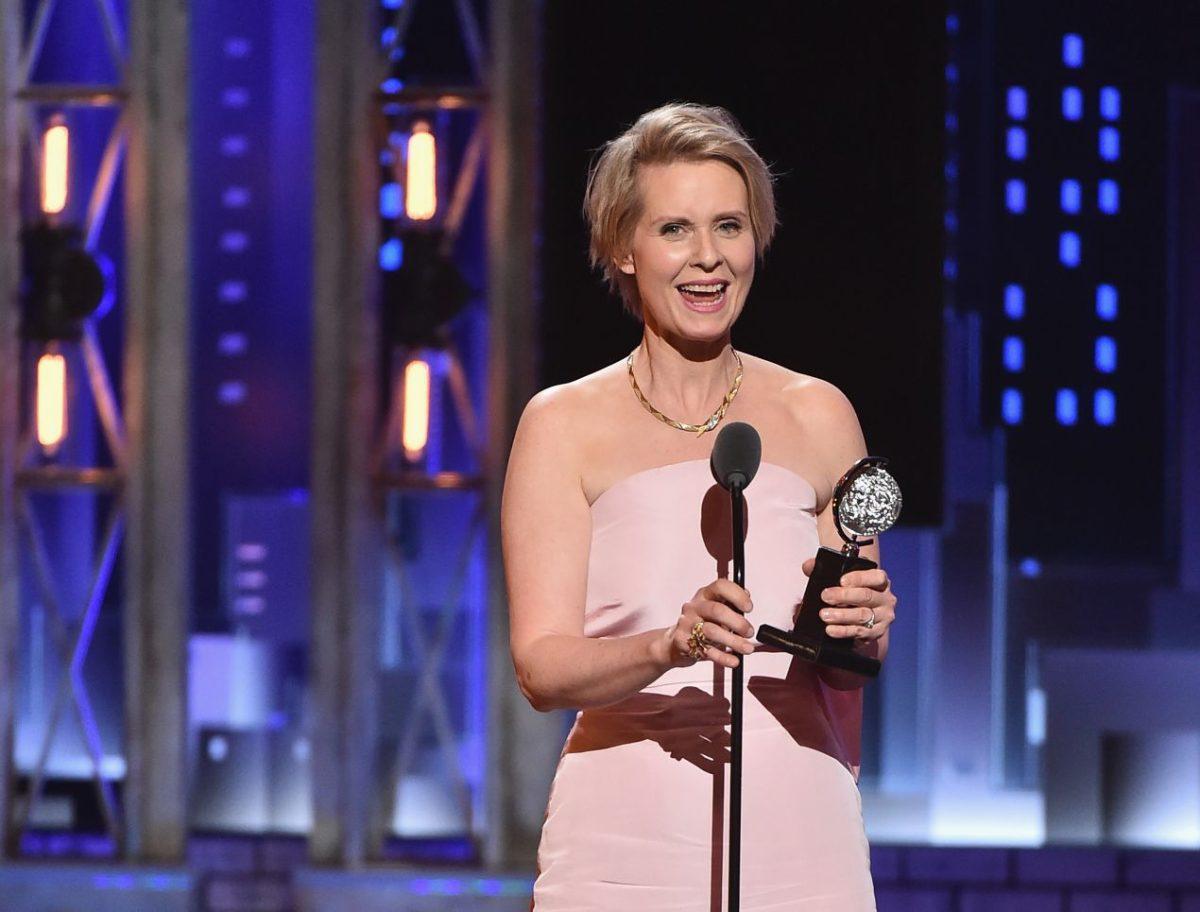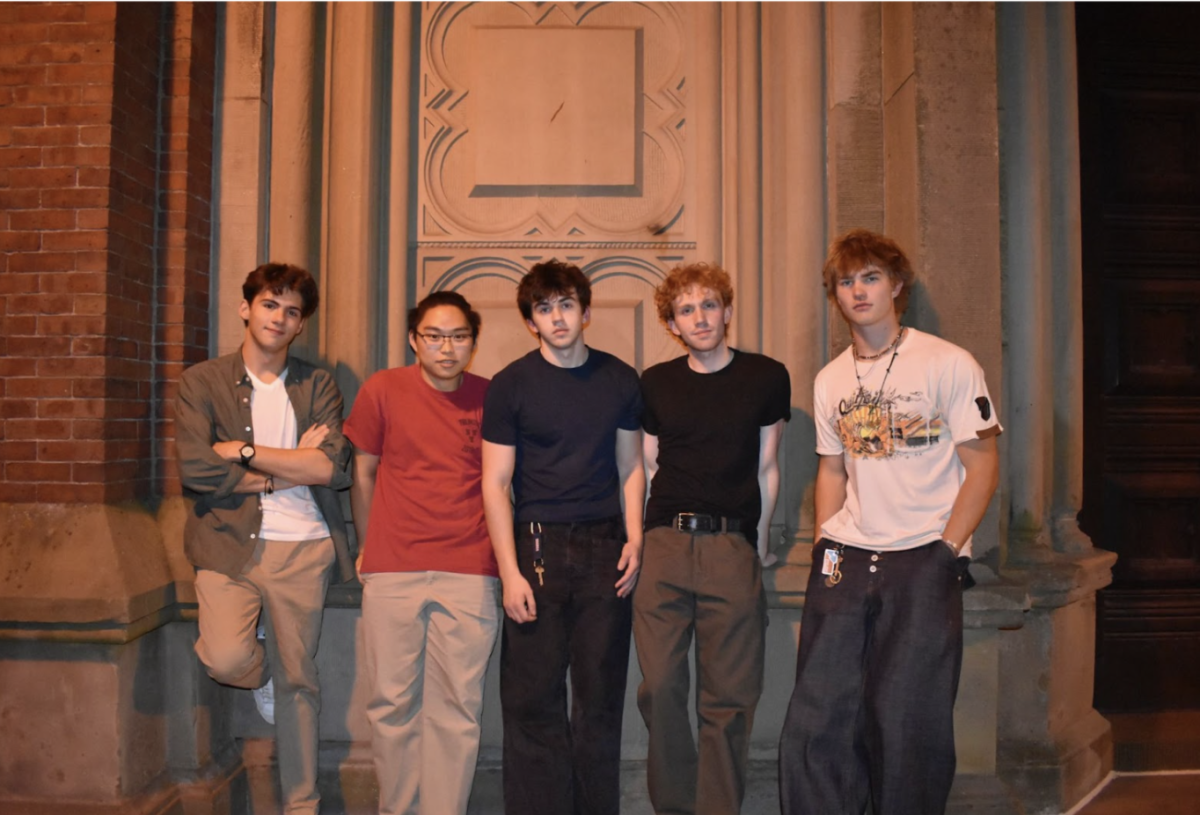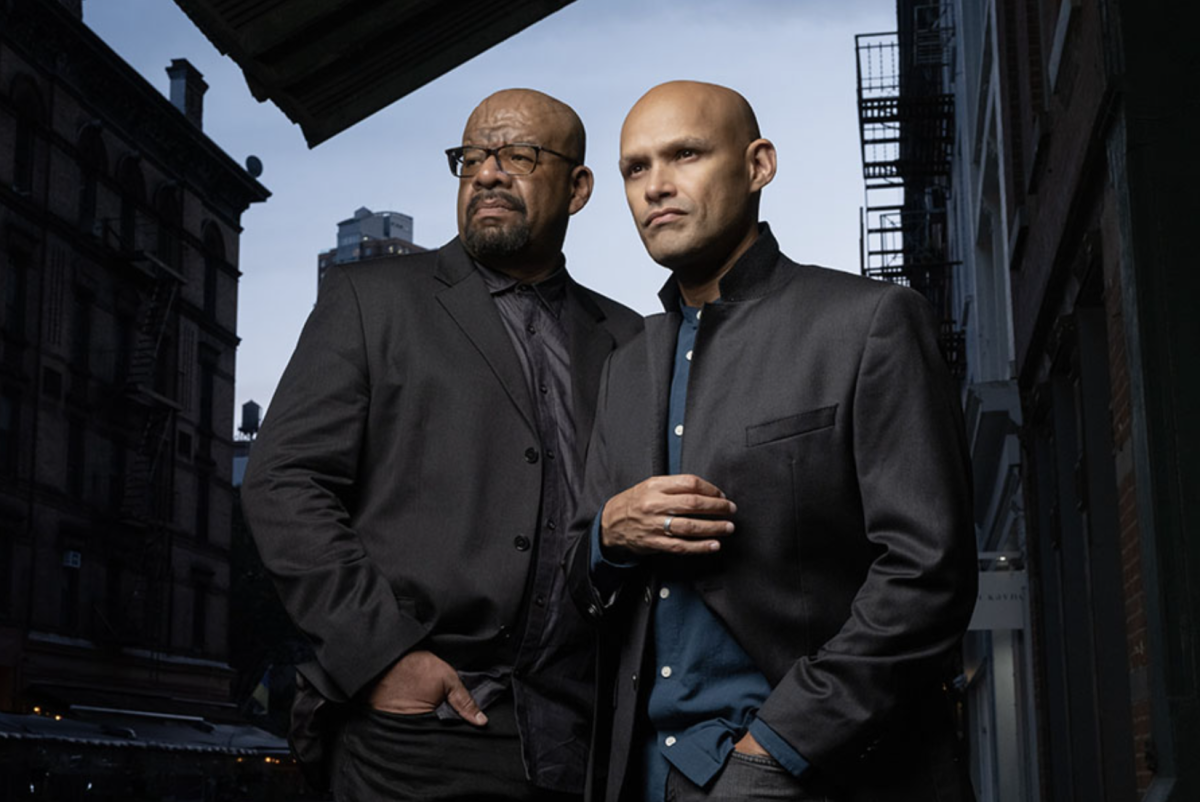Early in March, actress Cynthia Nixon (D), famous for her role as Miranda Hobbes on the HBO hit “Sex and the City,” announced her candidacy for governor of New York. She will run in the September Democratic primary against incumbent Andrew Cuomo (D). Nixon’s candidacy reflects an increasing trend of actors and other media celebrities running for office.
America has seen many celebrities successfully pivot to politics. For example, Arnold Schwarzenegger (“The Terminator”) served as governor of California, President Ronald Reagan was an actor before he entered politics and our current president is reality TV star. We are now in an era in which politics is becoming increasingly intertwined with entertainment, and celebrities’ pre-existing fame gives them an unfair advantage over opponents who are not famous. In a society dominated by social media and new digital technologies, the market for attention has become extremely competitive, and capturing the public’s attention is becoming more difficult. Celebrities tend to receive an outsized share of the media’s attention compared to campaigns run by more traditional politicians, and this provides a decided advantage.
Image and presentation is a crucial part of campaigns, and celebrities are great performers. For example, President Reagan’s 30 plus years of experience as a television and film actor certainly gave him a big advantage in terms of his ability to sell ideas to broad audiences. In today’s internet age, media-savvy celebrities who already know how to effectively market themselves have a great advantage over other candidates.
Another advantage celebrities have is their outsider status. In the political podcast “Start Making Sense,” journalist John Nichols explained that celebrity candidates are popular in part because they have not “weighed into every political issue.” According to a Pew Research Center study, only 16 percent of Americans think the government does the right thing “most of the time.” In such a political climate, celebrities are able to use their outsider status and inexperience to their advantage, tapping into Americans’ distrust of government. In Schwarzenegger’s 2003 campaign for governor of California, he stated that “politicians are not doing their job,” and promised to voters to “bring California back again.” This message resonated with voters who had lost confidence in politicians and were frustrated with the status quo.
Being a political newcomer does not necessarily mean that a candidate is not capable of doing a good job as an elected official — we hope that they have dedicated substantial time to learning about politics and legislation. The danger with celebrity candidates, much more so than with non-celebrity political newcomers, is that there is a greater risk of voters becoming clouded by the celebrity’s persona and the hype surrounding them. In other words, a celebrity’s brand, charisma, candor and engaging communication style may draw in voters more than their specific policy status.
Donald Trump’s candidacy was made possible by a “collision of politics and entertainment,” according to journalist and author Matt Bai. Bai criticized the media for focusing on Trump over the 17 other candidates that competed in the Republican Primaries because of his entertainment value. He argued that the media’s outsized attention on Trump harmed the other candidates’ chances and helped his campaign, despite “Trump having no ideology other than the promotion of his brand.”
Celebrities should have the right to run for office if they would like to do so, but it is up to us to decide whether or not we want to elect them. Marketing, branding and image, where celebrities have huge advantages over other candidates, will remain an important part of political campaigns. However, we as voters need to be aware of the advantages celebrities have and how the media shapes what we pay attention to and how we evaluate candidates. If we choose to withdraw some of our attention from sensationalist stories and celebrity culture, and instead focus more on candidates’ policies, we will be better equipped to fairly evaluate candidates, celebrity status notwithstanding.





